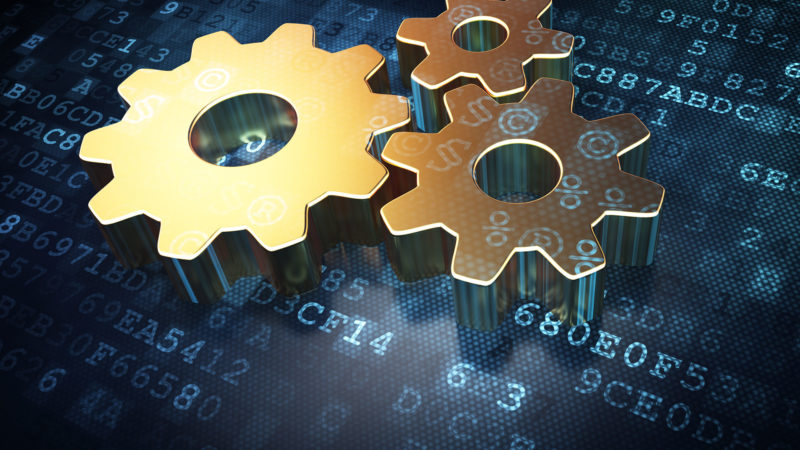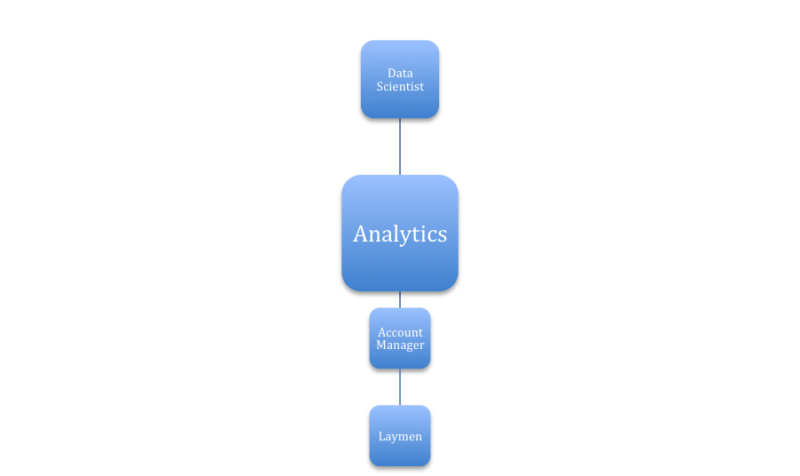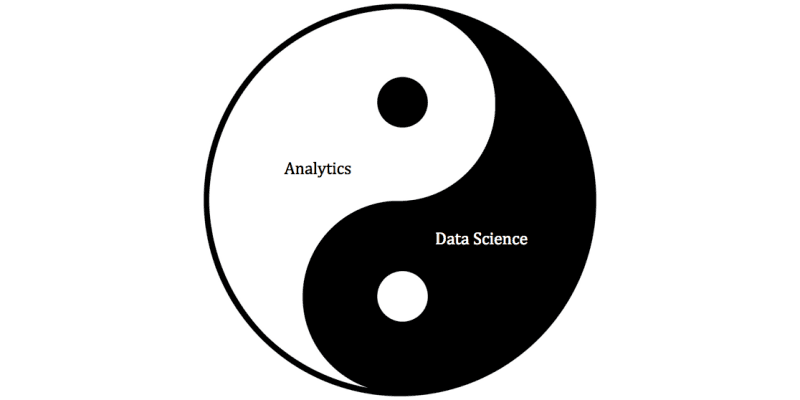So You Think You Need A Data Scientist
Contributor Benny Blum defines Big Data and Conventional Data, then helps you decide whether you need a data scientist or a highly-skilled analyst.

Everyone thinks they need a data scientist, but few know what distinguishes a data scientist from a highly-skilled analyst.
I’d like to clarify what a data scientist brings to an organization as well as help you understand if your needs require data science versus quality analysis. In order to define Data Science, we need to draw a distinction between Big Data and Conventional Data.
For the purpose of this article, I define Big Data as unstructured, semi-structured, and/or disparate data that requires a programmer to cleanse before it can be analyzed. Conventional Data is aggregated and segmented data that is ready to be plugged into a standard analytics tool such as Excel.
Dataversity describes Data Science as:
Data Science combines the allure of Big Data, the fascination of Unstructured Data, the precision of advanced mathematics and statistics, the innovation of social media, the creativity of storytelling, the investigation and inquiry of forensics, and the ability to use all of those skills together while still being able to demonstrate the results to non-technical audiences.
Spinning the definition into my own words: Data Science is the programmatic delivery of mathematical analysis on unstructured or uncleansed data. “Unstructured and uncleansed data” means that the data is in a raw format — usually log files or across several disparate sources.

With unstructured and raw data at scale, there is an opportunity to leverage statistics and programming to discern which attributes of this dirty data are valuable, and then aggregate and segment the data around these attributes. This means that the data scientist needs to be competent in database architecture and programming in order to work with big data.
There are very few individuals that can truly embody all aspects of Data Science. It’s not often you come across someone who:
- Understands database architecture
- Can code in low level languages (C, Haskell, etc.), Python and R
- Has presentation skills
- Is customer facing
- Can speak in layman’s terms
A tall order, am I right?!?! I mean, that’s the definition of a unicorn…
What this means is that in the business setting, a data scientist doesn’t necessarily address all aspects of Data Science. This is where the analyst steps in.
The job of the marketing analyst is to interpret and visualize Conventional Data into actionable insights. The analyst is the bridge between account management and engineering. Given that the analyst speaks a similar language as the data scientist, less the programming skill set, the analyst is a natural middleman.

In today’s Data Driven Software (DDS) industry, the analyst should be at the center of the organization. Everyone needs data, and the analyst leverages data analytics to spin up presentations that tell stories. This means the analyst must have expertise in campaign management, basic statistics, building presentations and in explaining data.
A great data scientist and analyst are Yin and Yang — the data scientist creates conventional data and passes it to the analyst to craft the story.

The data scientist enables Data Science. The analyst brings it to life.
So you think you need a data scientist? Do you have conventional data or big data? If you have conventional data, then save the money. Do you think you have valuable data but don’t know how to extract and visualize it? If yes, then Data Science might just be the answer.
Contributing authors are invited to create content for MarTech and are chosen for their expertise and contribution to the martech community. Our contributors work under the oversight of the editorial staff and contributions are checked for quality and relevance to our readers. MarTech is owned by Semrush. Contributor was not asked to make any direct or indirect mentions of Semrush. The opinions they express are their own.
Related stories
New on MarTech